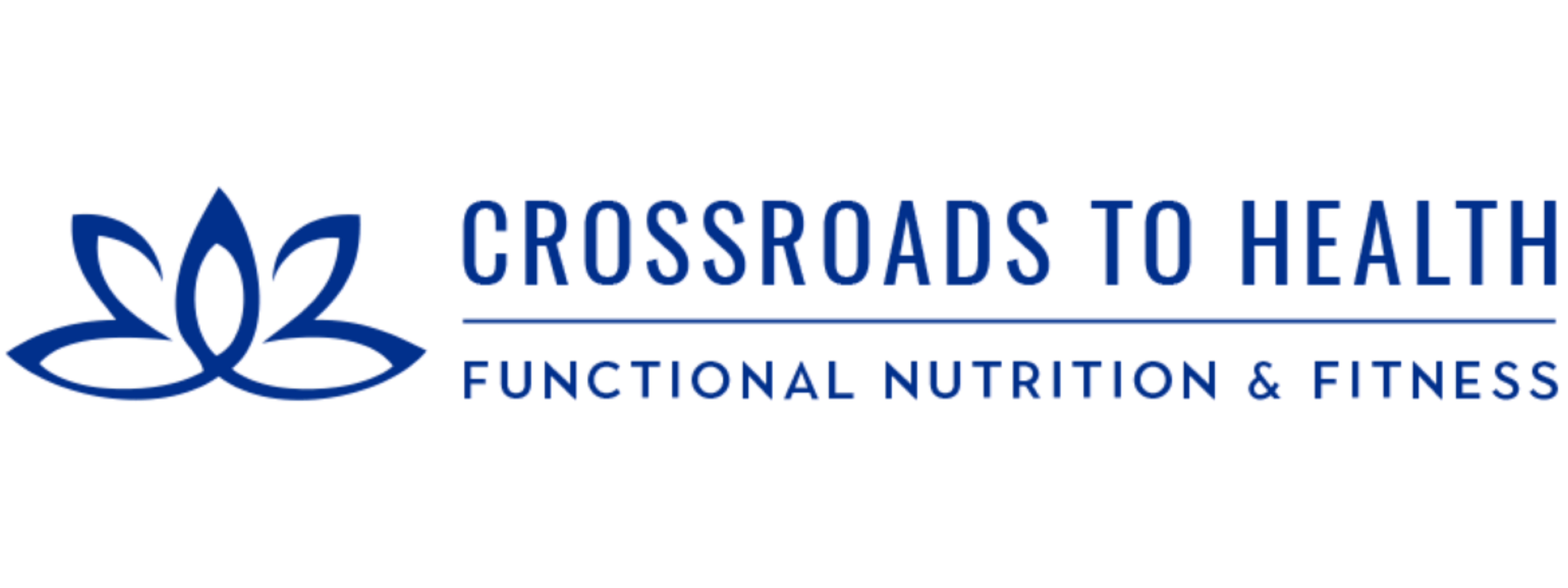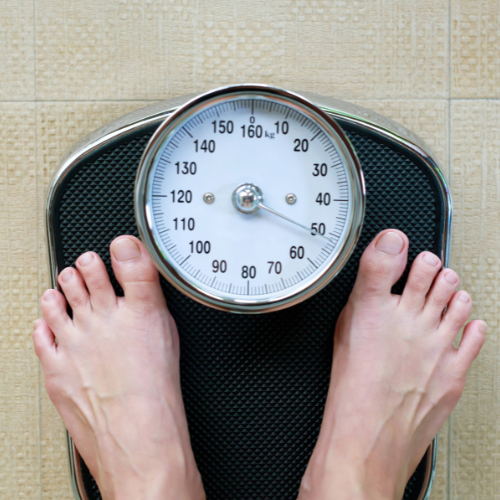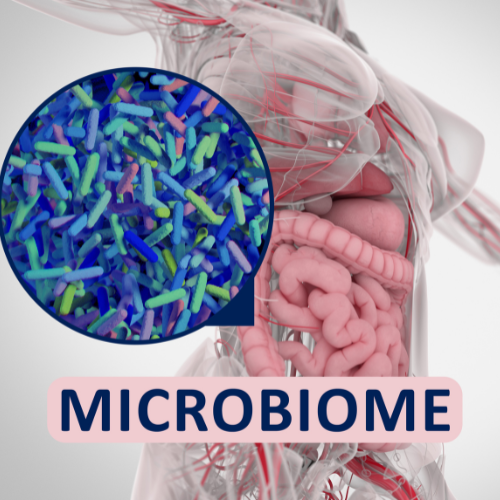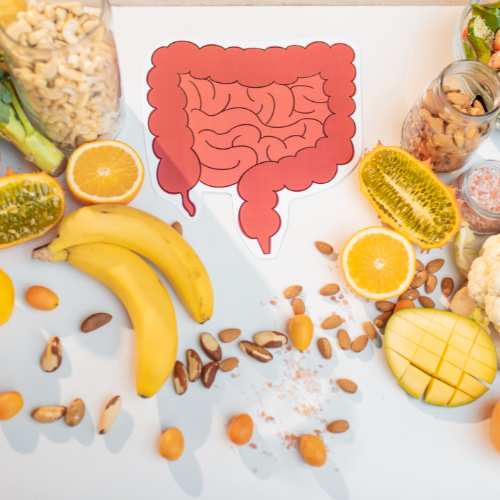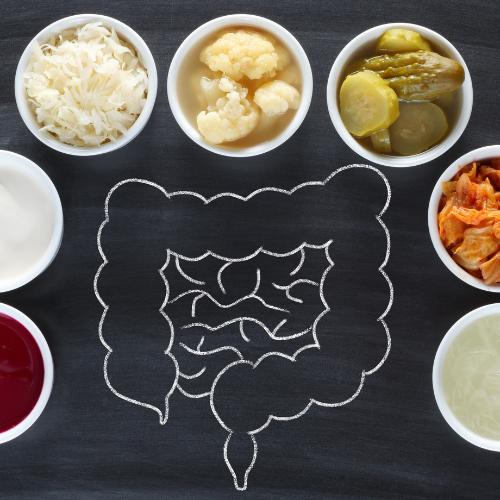Blog
The Gut Microbiome and Dysbiosis
It's hard to believe but you have an estimated 3 trillion bacteria in your gut microbiome. Research is now showing this bacteria have a major influence on brain function, immunity, energy and more. The gut microbiome is a delicate balance of beneficial and non-beneficial bacteria, plus viruses and fungi. Even the bad microbes are part of a healthy microbiome. The only harm comes when your gut flora gets out of balance. That's when non-beneficial bacteria can wreak havoc. This is what is called d…
4 Reasons not to Weigh Yourself Everyday
When people go on a diet they typically want to see results right away. Seeing results helps you feel empowered and motivated to continue on your diet plan. But, seeing results every time you jump on the scale isn't always the case. You may notice after you weigh yourself, your weight doesn't change or you may gain a couple pounds. This could hinder or prevent you from continuing your diet. This is one of the reasons why weighing yourself everyday is not recommended.
1. Differences Between Los…
How To Feed Your Gut For Weight Loss
Did you know that your gut holds the key for weight loss as well as many other health conditions including Alzheimer's? It may seem strange that your gut is such an important player when it comes to your weight but that's exactly what the science shows.
The Gut Microbiome
The Gut Microbiome is now a big deal. No other topic has generated more research and interest in the past few years than gut health. Numerous books have been written citing the many benefits of supporting the gut microbiome. …
Four Ways To Beat Your Bloat
Stomach-Bloating? Are you dealing with bloating and aren't sure of the cause? Does your stomach look bigger as the day goes on? Bloating is when you become swollen with fluid or gas, which leads to feeling too full or heavy. Common symptoms of bloating can include gas, cramps, heartburn, headaches, and irritability. If you struggle with any of these symptoms you are not alone; in fact about 45% of Americans struggle with bloating. Many people may struggle daily and think there is nothing they ca…
How To Deal With Digestive Issues Naturally
70,000,000 people everyday suffer from some form of digestive issue such as heartburn, irritable bowel syndrome, indigestion, constipation, diarrhea or abdominal pain. Often times people turn to products like Tums, Rolaids, Zantac, or the more dangerous PPI's (proton pump inhibitors) Nexium, Prilosec, and Prevacid. With increased usage comes increased risk as studies now show an increased risk of fractures for those taking PPI's.
Why We Need Stomach Acid
The concept of shutting down acid produ…
Is Leaky Gut Causing Your Symptoms?
Could leaky gut be what's causing your health symptoms? Leaky gut can be the cause of many health concerns because damage to the intestinal lining allows toxins to enter the bloodstream. Leaky gut is also known as intestinal permeability. This means there are damaged cells in your small intestine lining. As a result of the damaged lining, bacteria, yeast and undigested food particles easily leak through into the general circulation.
Specifics of Leaky Gut
The gut is designed to take nutrients …
How Eating At Home Can Save Your Life
In 1900, 2 percent of meals were eaten outside the home. In 2010, 50 percent were eaten away from home and one in five breakfasts is from MacDonald’s. Most family meals happen about three times a week, last less than 20 minutes and are spent watching television or texting while each family member eats a different microwaved “food”. More meals are eaten in the minivan than the kitchen.
Regular Family Meals Help Children Thrive
Research shows that children who have regular meals with their paren…
Are Your Sleep Habits Making You Fat?
Sleep and Metabolism
Studi…Trouble Losing Weight on a Vegan Diet?
1. You're not gettin…
5 Ways Cleansing Supports Weight Loss
If you’re new to the concept of cleansing, you might wonder why we need to cleanse in the first place. It’s true that our bodies have sophisticated detoxification systems, through the colon, kidneys, lungs, skin, and liver. But these systems are getting overwhelmed.
Toxins
We live in a toxic world. Toxins are present in our food, water, air, and environment. Over the past hundred years, our world very quickly became filled with unnatural chemicals. Here are some examples:
Food - our food supply …
